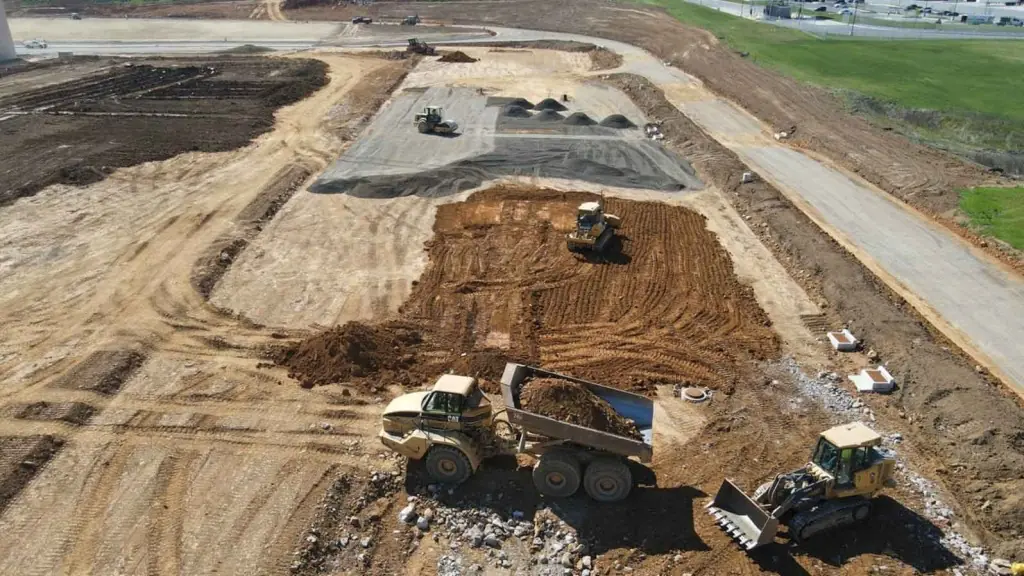
Site Grading Design
3D Solid Site Grading Model
Creation of detailed 3D models to represent the site grading, ensuring optimized waste placement and drainage management.
Benching, Stripping, and Excavation Design
Design of benching, stripping, and excavation processes to maintain stability and maximize waste stacking efficiency.
Excavation Stability Analysis and Design (Kinematic/Limit Equilibrium)
Conducting stability analyses to ensure safe excavation practices and long-term structural integrity of waste dumps.
Stacking Design
Capacity Calculations
Calculation of waste dump capacity to ensure the facility can accommodate projected volumes without compromising stability.
Stability Analysis
Detailed stability analysis to ensure waste is stacked safely, reducing the risk of slope failure and environmental impact.
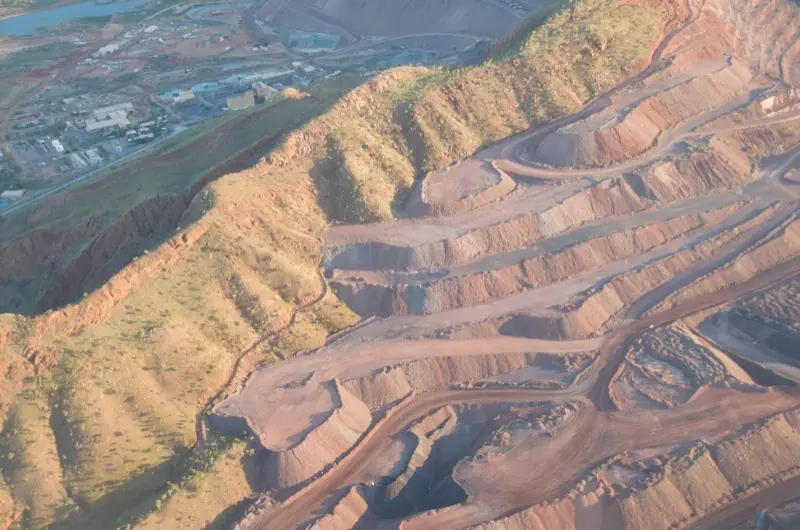
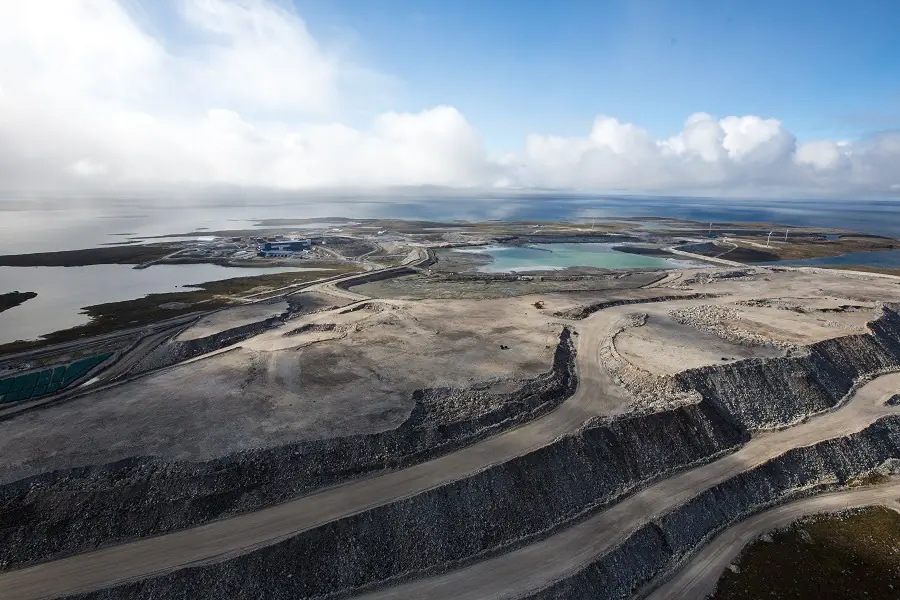
Perimeter Platforms and Roads
Design of platforms and roads around the perimeter of the waste dump for easy access and safe operations throughout the project lifecycle.
Surface Water Management Design
Sediment Trap Structures Design
Design of sediment traps to capture runoff and prevent sedimentation in nearby water bodies, ensuring environmental compliance.
Perimeter Channels Design
Design of channels to manage surface water flow around the waste dump, preventing erosion and promoting safe drainage.
Chute and Energy Dissipator Design
Design of chutes and dissipators to manage water flow and reduce erosion potential at critical discharge points.
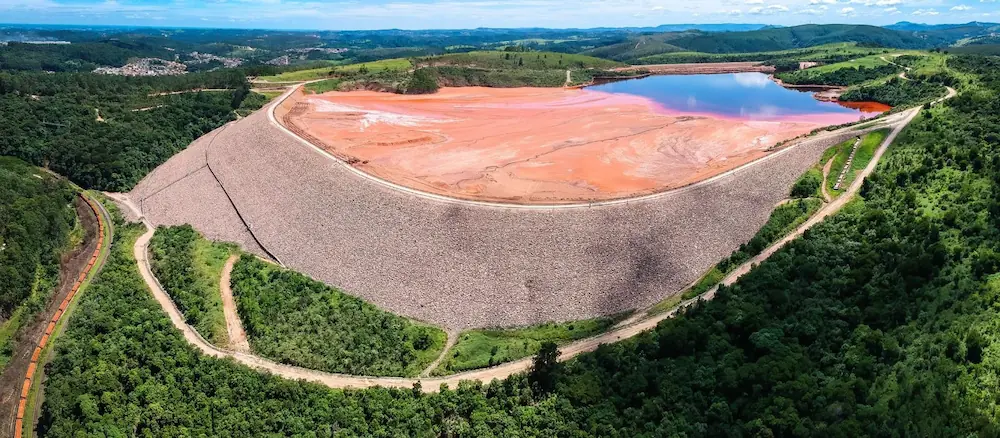
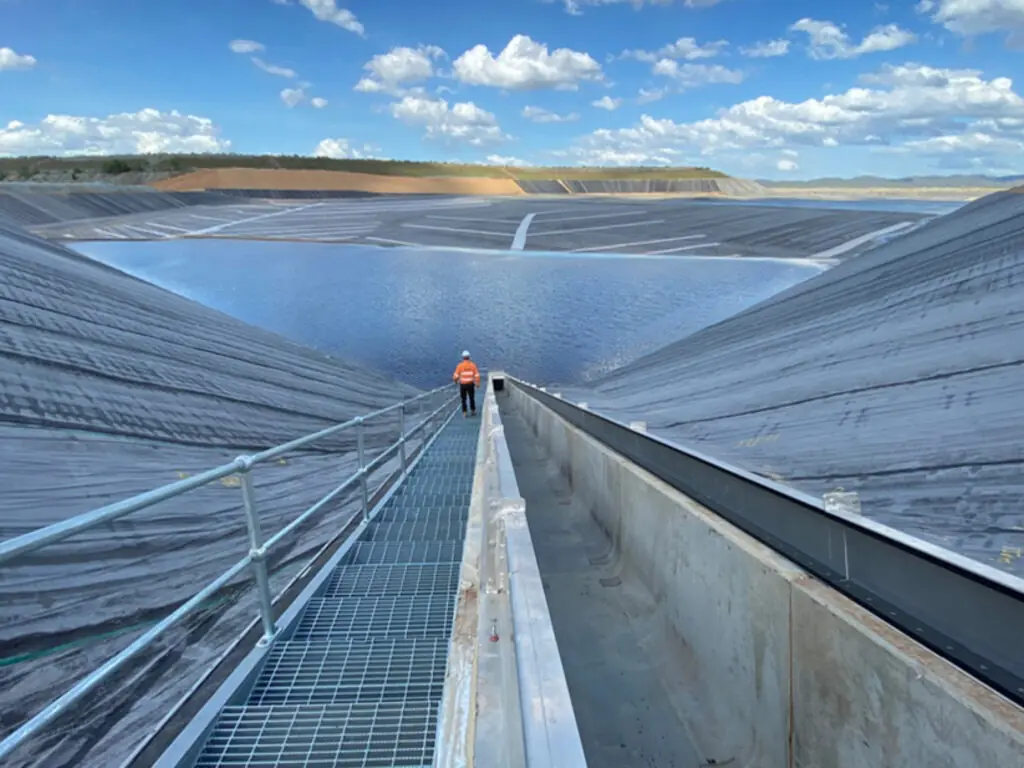
Underdrain System Design
Design of underdrain systems to capture and divert seepage, protecting both the waste dump stability and the surrounding environment.
Liner System Design
Composite Liner System Design
Design of composite liners to minimize seepage and protect groundwater resources from contamination.
Anchor Design
Design of anchor systems to secure liners in place, ensuring durability and performance under various loading conditions.
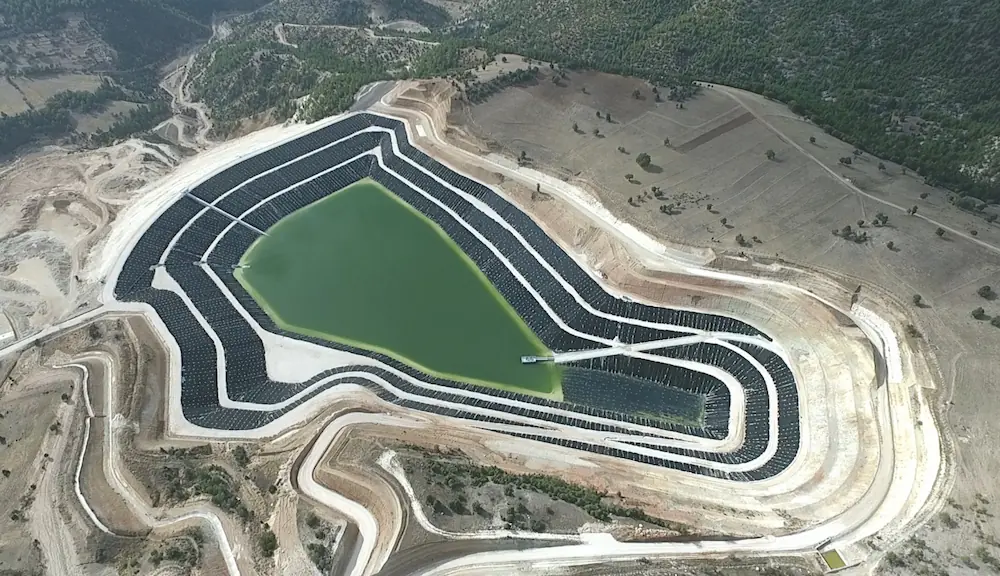
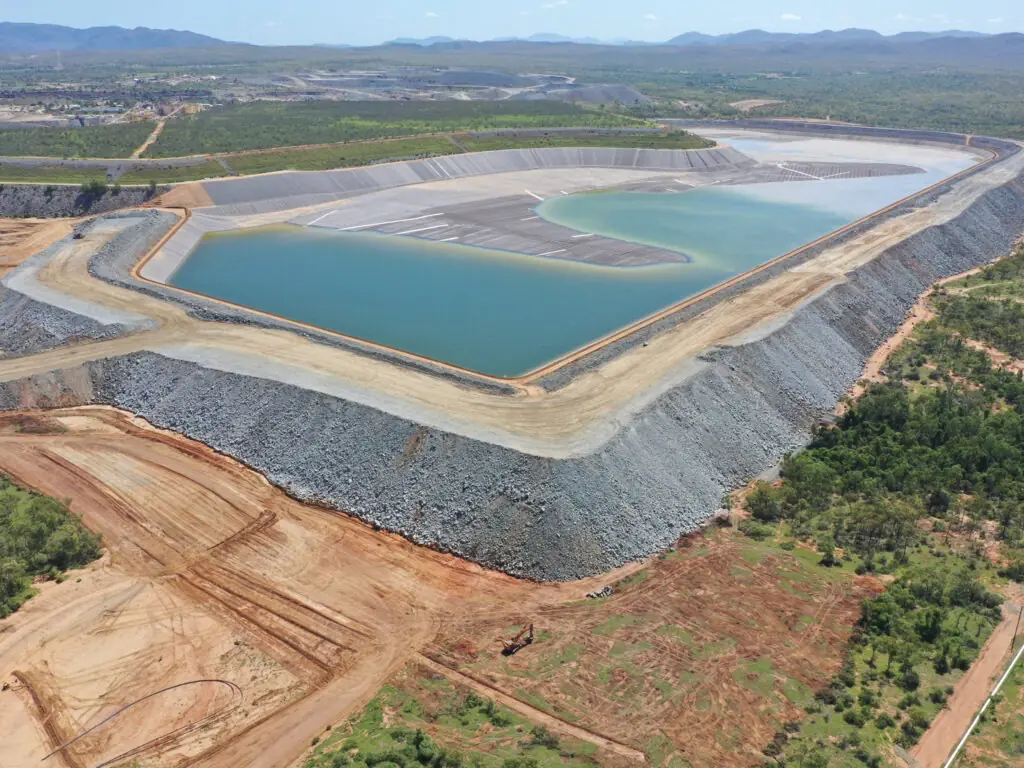
Overdrain System Design
Overdrain Collection System Design
Development of systems to collect water from the top of the waste dump, managing surface water efficiently.
Overdrain Sump Design
Design of sumps to store water collected from the overdrain system, preventing excess water buildup.
